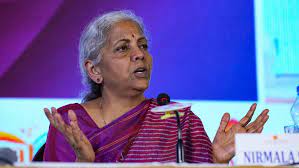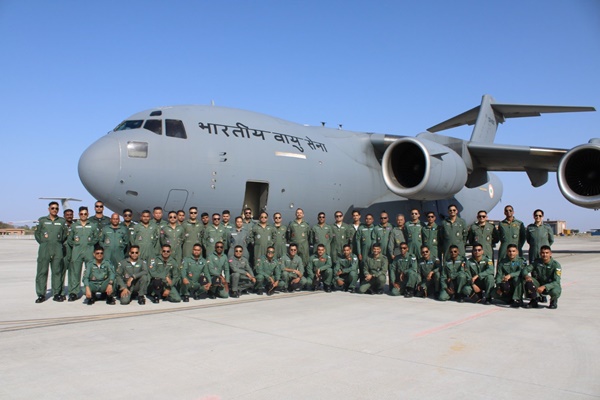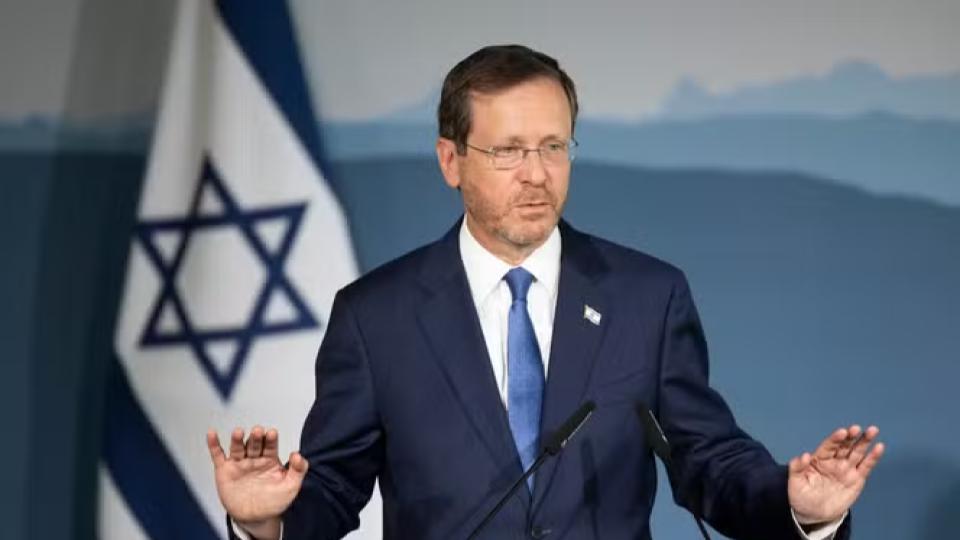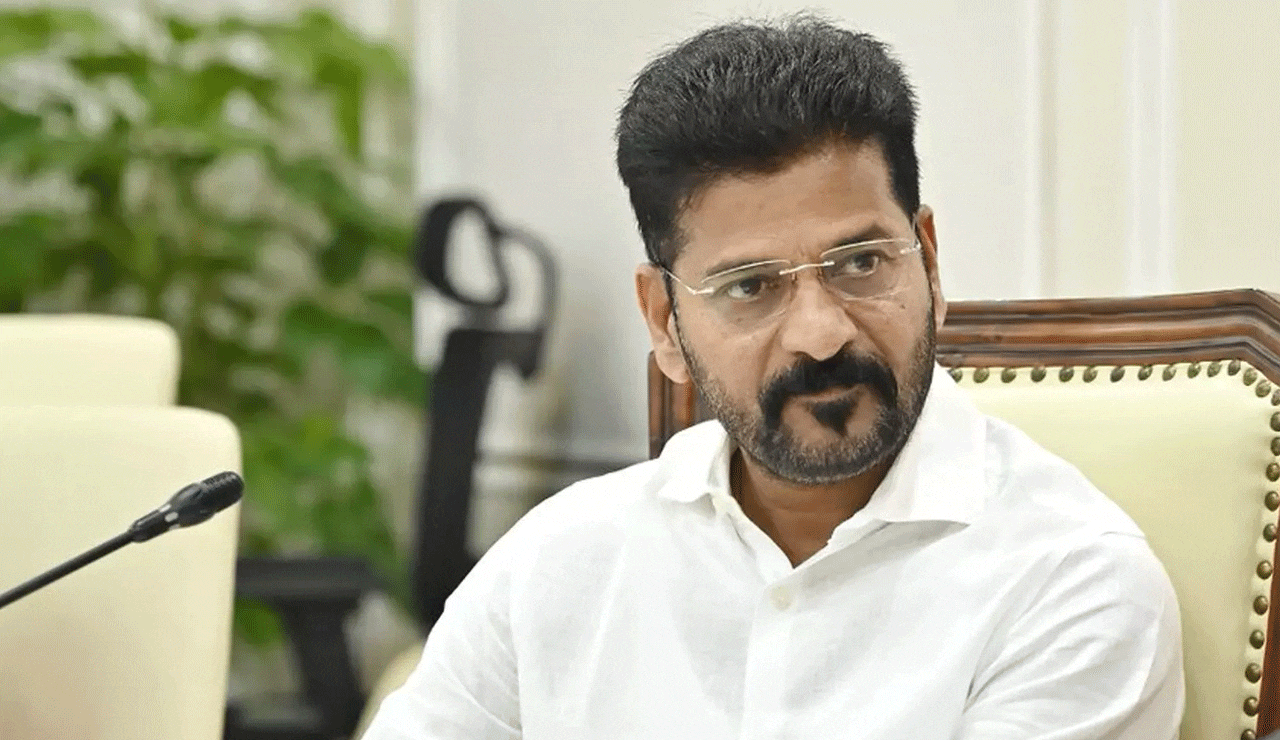Sharif, Ghani inaugurate 'Heart of Asia' conference
Wed 09 Dec 2015, 12:55:17
Islamabad: A key regional conference here on Afghanistan was today jointly inaugurated by Nawaz Sharif and Afghan President Ashraf Ghani with the Pakistan Prime Minister calling for a collective approach to combat terrorism.
The 'Heart of Asia' conference began with an aim to intensify efforts for regional linkages and to promote peace and stability in war-torn Afghanistan.
Sharif and Ghani jointly inaugurated the conference attended by Foreign Ministers of several countries, including External Affairs Minister Sushma Swaraj.
Sharif, in his inaugural address, said, "Afghanistan is the heart of Asia and if there is trouble in the heart, the entire region will be turbulent."
He said peace was vital for development and extended full support for the elected government of Afghanistan, saying it was the "only representative of the Afghan people".
Sharif also called for collective approach to combat the menace of extremism and terrorism.
"Working for the achievement of a peaceful neighbourhood is a cardinal principal of Pakistan's foreign policy. We firmly believe that peace is vital for development, and development is vital for durable peace." he said.
The Pakistan Prime Minister welcomed the delegates and promised full support to all efforts for increasing peace in the region with the emphasis on stabilising Afghanistan.
Ghani spoke at length about prospects and challenges his country faced. He said Afghanistan has come a long way in building close ties with his all its neighbours. He highlighted that security was a threat but promised that "2016 will be better".
The theme of the conference, Sharif said, "reflects our desire for promoting regional development, increasing economic linkages, improving quality of life for our peoples and meeting security challenges."
In his address, Sharif said, "the democratically elected government in Afghanistan is the legitimate authority in the country."
"The enemies of Afghanistan are the enemies of Pakistan and the (Pakistan) government will continue to support an Afghan-led and Afghan-owned peace process that remains the most viable option to promote stability and end violence," he said.
"For us, Afghanistan is more than a neighbour. Our cordial ties are rooted in shared history, common religion, cultural and linguistic affinities and people to
people relations since time immemorial. Due to these close bonds, Pakistan has always stood by Afghanistan," he said.
people relations since time immemorial. Due to these close bonds, Pakistan has always stood by Afghanistan," he said.
Ghani, in his address, said, "Our children have been killed, our hospitals attacked, and terrorism has now become a regional, national and global phenomenon."
"Al-Qaeda, Daesh, terrorists from Russia, Uzbekistan, the Middle East and beyond; are all present on our soil," he said.
Ghani said Afghanistan is ready to accept the groups which lay down arms and join the political process.
"Finalisation of border management standard operating procedures will be helpful in containing the movement of terrorists across the border," he said.
On his part, Sharif said the "scourge of terrorism that has been plaguing our region for many years requires a firm and coordinated response on the part of all of us."
"We are convinced that terrorism and extremism is the common enemy of Pakistan and Afghanistan. We need a collective approach to combat this menace," he said.
He also said that the massive cross-border movement of refugees constitutes "a security risk" and is exploited by the miscreants for their nefarious designs.
"Moreover, the emergence of newer and more threatening terrorist groups like Daesh (Islamic State) should strengthen our resolve against terrorism," Sharif said.
"In this regard, Pakistan is ready to extend support to a meaningful process, wherein both the Afghan Government and the Taliban can move forward, in a spirit of accommodation and reconciliation," he said.
"We believe that the association of China and the US in the reconciliation process has been instrumental in moving the process forward," Sharif said.
Pakistan's Foreign Office said that officials from 14 participating states, 17 supporting countries and 12 international and regional organisations are attending the conference, including foreign minister of 10 nations.
The Heart of Asia-Istanbul Process was launched in 2011 and include Pakistan, Afghanistan, Azerbaijan, China, India, Iran, Kazakhstan, Kyrgyzstan, Russia, Saudi Arabia, Tajikistan, Turkey, Turkmenistan and the United Arab Emirates.
The two-day conference began on yesterday with the meeting of senior officials of the participating nations.
The ministerial meeting today will adopt Islamabad declaration.
No Comments For This Post, Be first to write a Comment.
Most viewed from Specials
Most viewed from World
AIMIM News
Latest Urdu News
Most Viewed
May 26, 2020
Do you think Canada-India relations will improve under New PM Mark Carney?
Latest Videos View All
Like Us
Home
About Us
Advertise With Us
All Polls
Epaper Archives
Privacy Policy
Contact Us
Download Etemaad App
© 2025 Etemaad Daily News, All Rights Reserved.













.jpg)
.jpg)
.jpg)
.jpg)
.jpg)
.jpg)
.jpg)
.jpg)
.jpg)




















